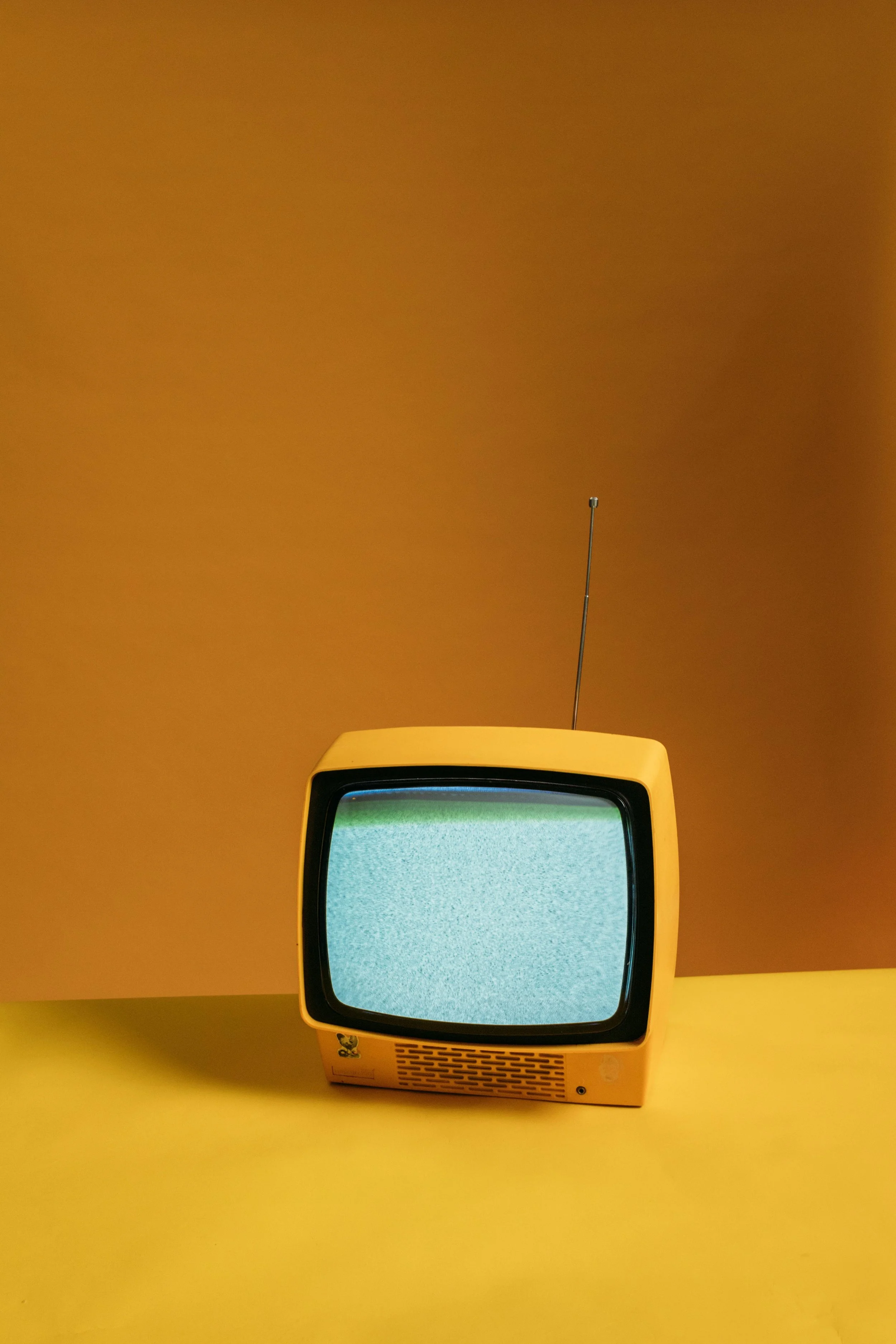Does White Noise Improve Focus?
Photo: Koolshooters
Why This Matters
We’ve all been there – you’re trying to concentrate but something pulls you out of your focused state. Maybe it’s your buzzing phone, a pinging email, or your growling stomach, but whatever it is, one tiny interruption often turns into a much longer break than you’d planned. When you finally, eventually, drag yourself back to your work, you feel frantic with the time you’ve lost.
Could something as simple as white noise help you stay in the zone and ignore those distractions until you’re truly ready to take that break?
The Science
Research led by Joel Nigg, a professor of psychiatry at Oregon Health Sciences University, examined this question through a meta-analysis—a fancy way of saying “let’s average out a bunch of studies to find what’s the truth.” Nigg and his team analyzed 13 studies on white and pink noise to assess their impact on cognitive performance.
Their findings were clear: for individuals with ADHD, both white noise (like the old-school static from a TV ) and pink noise (softer sounds like rain or waterfalls) significantly improved focus and memory. The effects weren’t as strong as medication, but they were similar to other approaches that don’t involve a trip to the pharmacy.
But here’s the plot twist: if you don’t have ADHD, those sounds might actually make your focus and memory worse. The drop in performance isn’t dramatic, but that static noise in your headphones? It probably isn’t helping.
For the Curious (Like Me!):
You might be wondering what makes white noise and pink noise different. Both include all the sounds you can hear, but white noise plays all those frequencies at the same volume, which is why it can sound a bit harsh. Pink noise dials up the lower frequencies (think bass) and dials down the higher ones, making it a softer, more soothing auditory experience.
Key Takeaways:
If you have ADHD: Try white or pink noise to enhance your focus, especially if you’re not keen on taking meds. Many recordings are available online, and they might just give you the boost you need.
If you don’t have ADHD: Skip the noise—your best strategy likely lies elsewhere. Check out Chapter 1 in Sharp to find focus-enhancing tools that are right for you.
We’re all different: It’s a good reminder that what works for one person might not work for another. Understanding your own brain is key.
This isn’t outdated wisdom – this research was just published in 2024. Fresh science, real strategies, and at least for some of us, one more way to zip up your focus.
